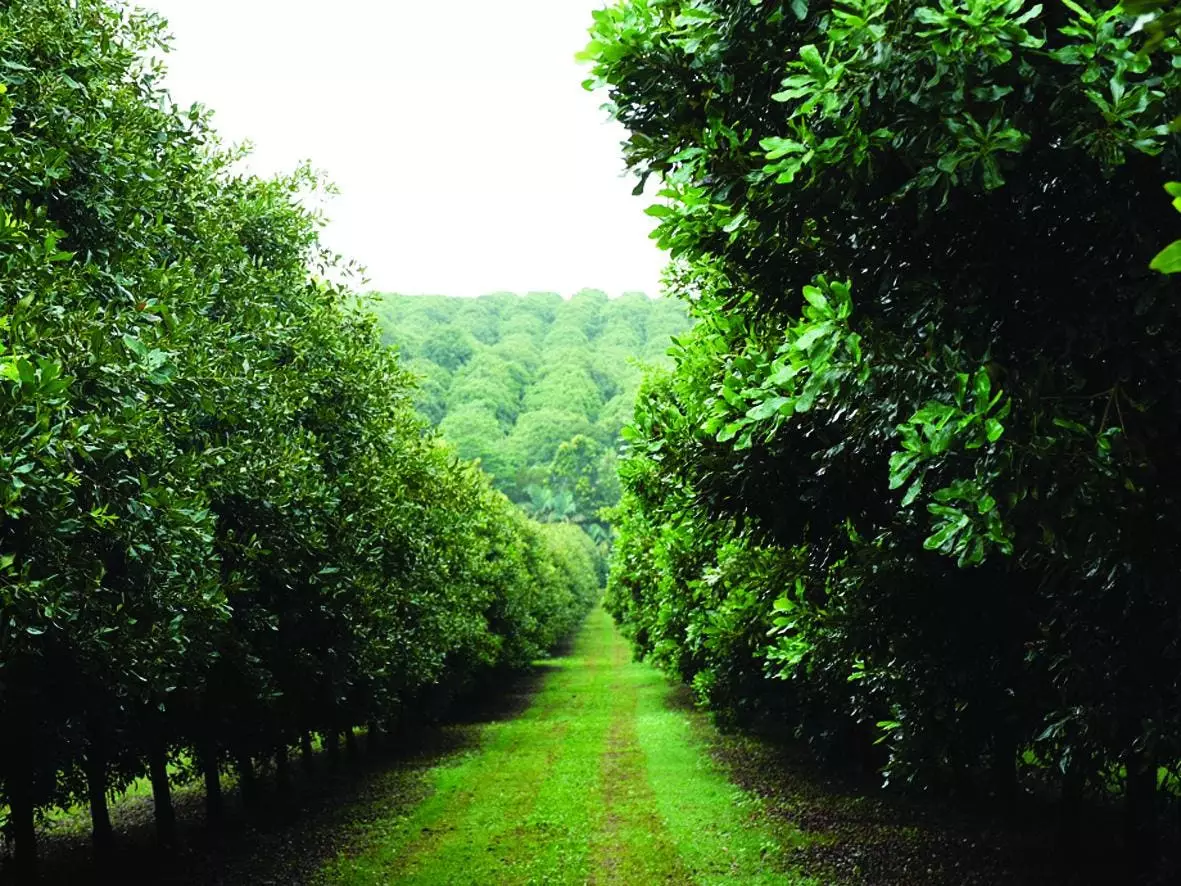As global awareness of environmental sustainability escalates, so does the interest in plant-based diets. The market for plant-based milk alone soared to a remarkable $2.8 billion in 2022, with projections suggesting it could triple to $7.3 billion by 2032. While such growth is encouraging, it also intersects with a pressing global dilemma: the food and beverage industry is responsible for generating about 78 million metric tons of plastic waste annually, with a mere 14% of that being recycled. This juxtaposition of expansion and waste highlights the urgent need for innovative solutions in both product development and packaging.
In the midst of these challenges, Milkadamia—a pioneering brand making waves with its macadamia-based milk—has emerged as a leader not only in offering delicious dairy alternatives but also in redefining sustainable packaging practices. Their latest innovation, the oat milk sheet dubbed “Flat Pack,” marks a significant departure from traditional liquid dairy formats, suggesting a new pathway for companies aiming for ecological integrity.
Milkadamia’s Flat Pack is groundbreaking for more than just its form; it aims to revolutionize how we think about packaging altogether. By creating oat milk in sheet form, Milkadamia has effectively reduced packaging waste by an impressive 94% compared to conventional containers. Furthermore, this innovative product is 85% lighter, enabling reduced transportation emissions—a dual benefit that addresses both consumer needs and environmental concerns.
Jim Richards, CEO of Milkadamia, emphasizes that their approach is not merely an extension of recycling, but an evolutionary step known as “pre-cycling.” Pre-cycling focuses on minimizing waste right from the source, thereby shifting the reliance from post-consumer recycling. This model not only aligns with changing consumer ideologies toward sustainability but actively involves them in the solution.
Beyond their revolutionary packaging, Milkadamia’s commitment to regenerative agricultural practices constitutes a fundamental aspect of their ethos. Rather than engaging in artificial irrigation or chemical fertilization, the company champions the cultivation of its macadamia trees in their native environments along Australia’s eastern coast. By embracing natural rainfall patterns and eschewing artificial inputs, Milkadamia strives to nourish the land rather than exploit it. This holistic approach to farming echoes the principles of wisdom and humility, inviting consumers to consider the interplay between nature and agriculture.
Richards expresses confidence in this regenerative model, stating that healthy soil leads to healthy produce. However, he also acknowledges the nascent state of regenerative farming certification, which complicates the landscape for those looking to assess its efficacy. The journey toward standardizing benchmarks in this domain is ongoing, reflecting a broader struggle in the agricultural sector to quantify ecological sustainability effectively.
The success of Milkadamia’s innovations hinges largely on effective communication with consumers, who are increasingly inquisitive about sustainability. Richards points out that while not every product will resonate with every consumer, there is a growing cohort of individuals eager to embrace practical solutions for reducing their environmental footprint. The key to reaching sensitive hearts and minds lies not in guilt or fear-mongering but in framing the discussion around empowering actions—small daily revolutions that each person can undertake.
The packaging of Flat Pack, humorously declaring “Some assembly required,” goes against the tide of modern convenience but is designed to foster a connection with consumers. Richards champions the notion that preparing one’s food from scratch holds intrinsic value, offering a sense of fulfillment and connection to the environment that conveniences often strip away.
Though the Flat Pack has not yet hit the shelves (expected early next year), the buzz generated at trade shows indicates a palpable enthusiasm for Milkadamia’s innovative approach. Working alongside coffee chains and retailers, the brand is building momentum, keeping in mind that the challenges of ecological collapse can often feel overwhelming. Yet, Richards maintains an optimistic outlook, noting that each small action collectively leads to substantial change. For every individual who engages with the Flat Pack, thousands of truckloads of waste could potentially be eliminated from transportation networks.
Milkadamia stands at the intersection of innovation and sustainability, redefining the future of the plant-based market. By promoting pre-cycling and regenerative practices, they are not only responding to consumer demands but are directly addressing some of the most pressing ecological challenges of our time. The journey of initiating change is a collaborative effort, and Milkadamia is leading the charge in helping consumers make a positive impact, one oat milk sheet at a time.


Leave a Reply